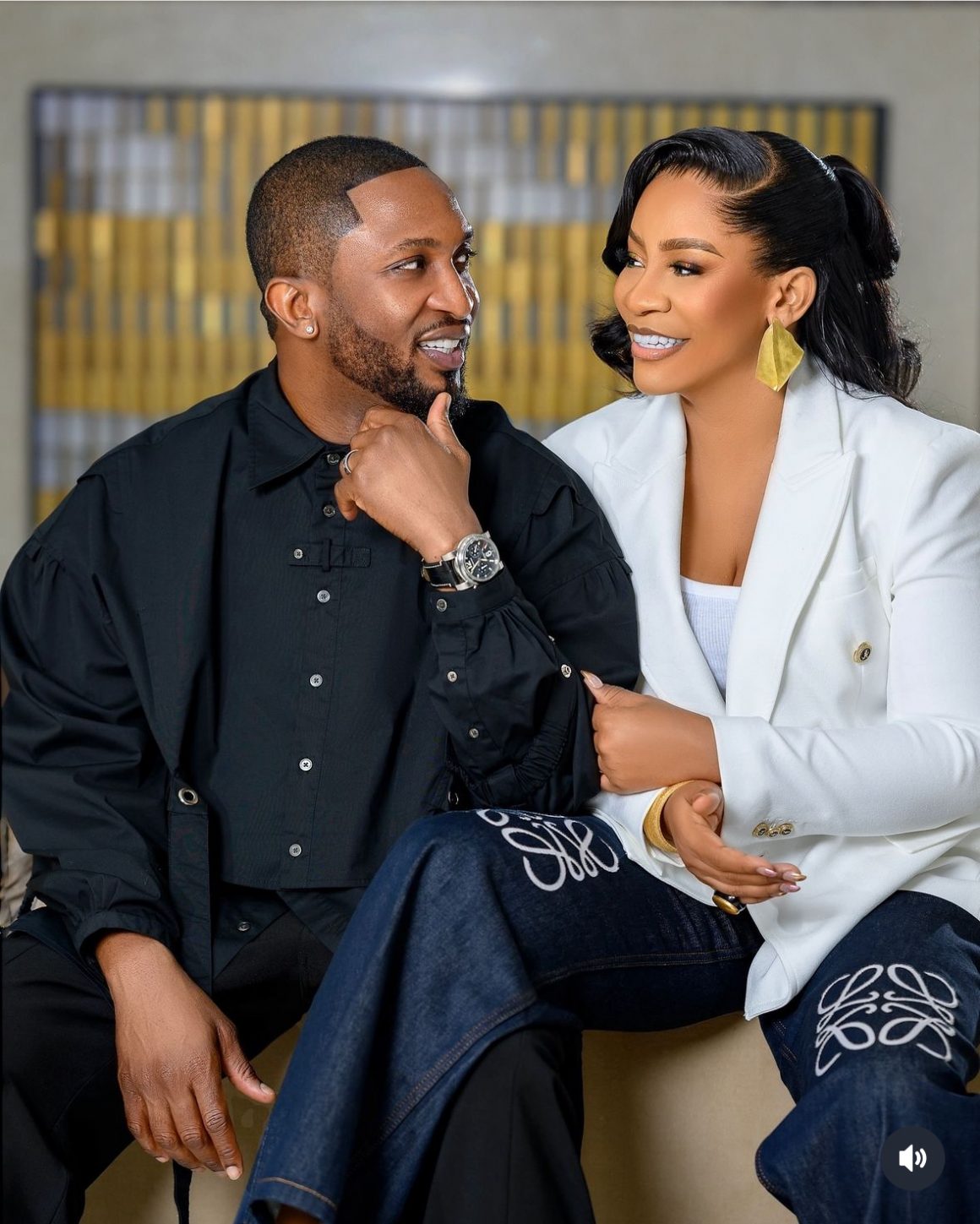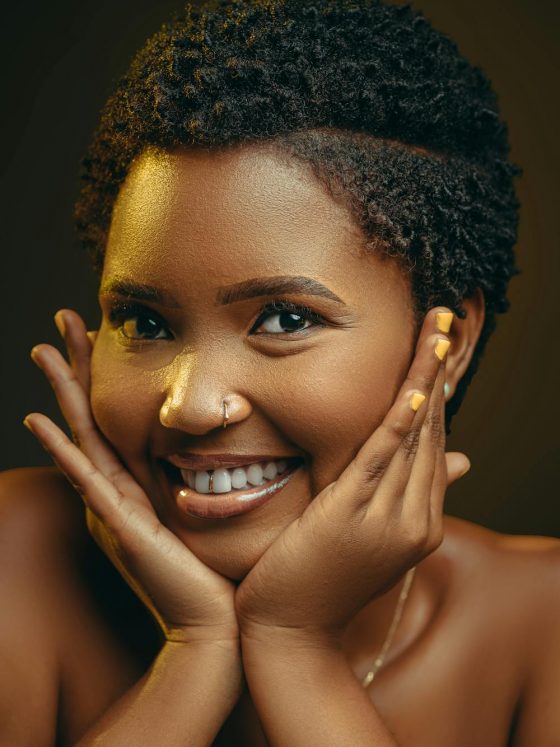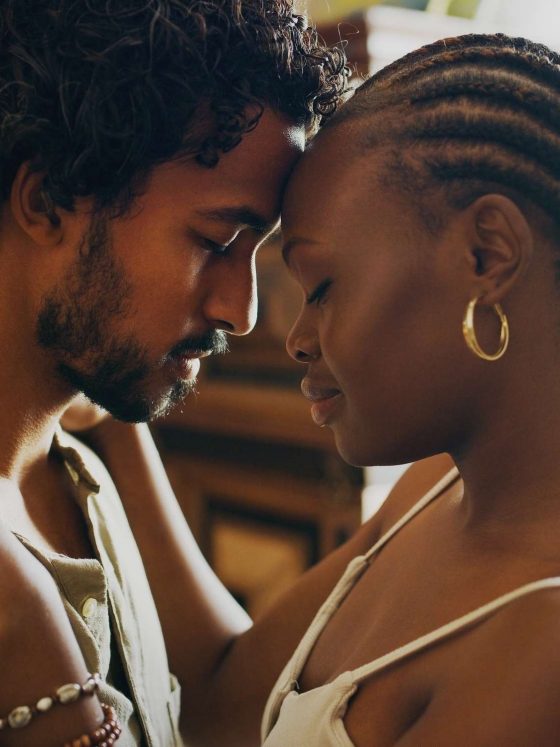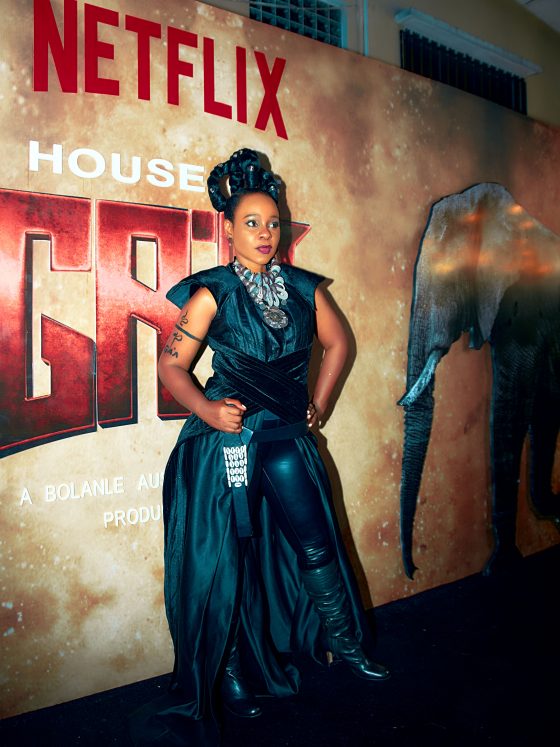By Funke Babs-Kufeji
People often believe that age plays a significant role in relationships and that there is a certain acceptable age gap between partners as set by societal norms. However, over the years, the idea that age is just a number when it comes to relationships has become more popular. This position suggests that the success and viability of a relationship should not be decided based on the age differences of the people involved.
Time and time again, we have seen it true that age is nothing but a number as relationships centre mainly on maturity and compatibility, which, to many, are considered the most important factors of age-gap relationships. However, emotional maturity does not depend on people’s ages; similarly, this does not necessarily mean that they will be compatible. Some people may relate better with people who are younger or older than they are, and such arguments challenge the notion of age as the determinant of a successful relationship.

Additionally, when life expectancy increases, and healthier living practices are observed, many partners’ relationships have significant age gaps. Age differences can still exist between couples while they enjoy a fulfilling, loving relationship. If both individuals are adults who freely agree with each other’s values, aspirations, and shared plans, nothing can stop them from having mature, satisfying relations regardless of age.
While age might play a role in relationships, it must not be the only determinant for success. Relationships can be formed based on genuine compatibility rather than societal expectations if we accept the idea that age is just a number. Age should not be seen as a limiting factor only as long as both partners are happy and fulfilled in their relationship. What matters most are love, respect and understanding shared by partners despite their age difference.
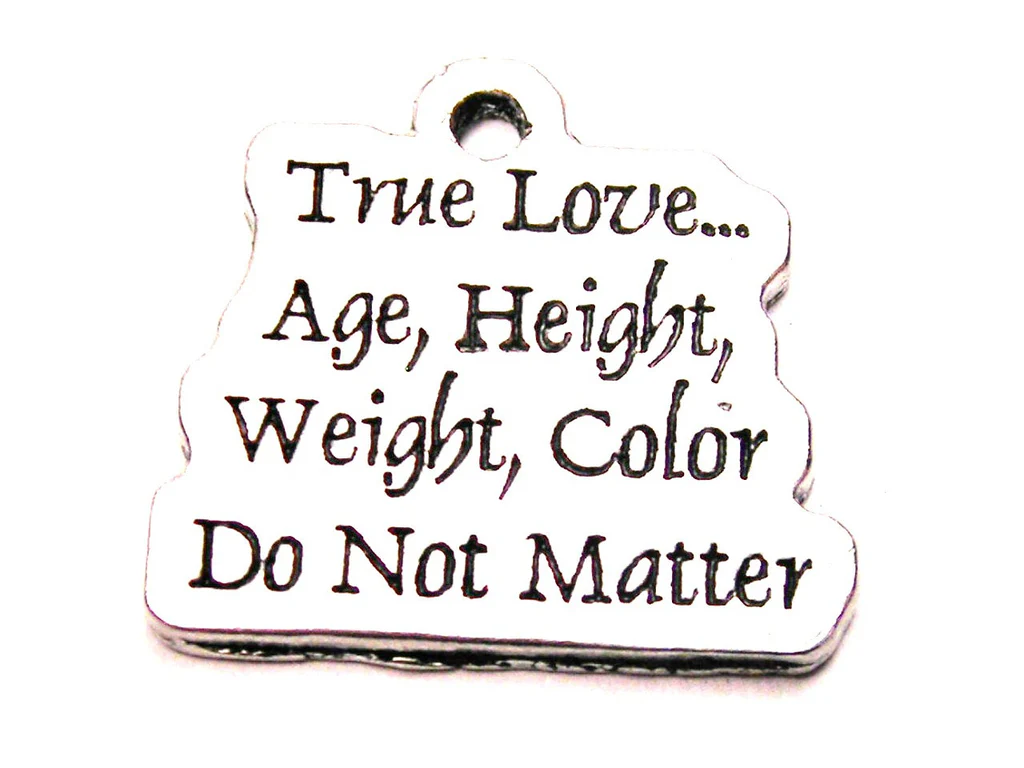
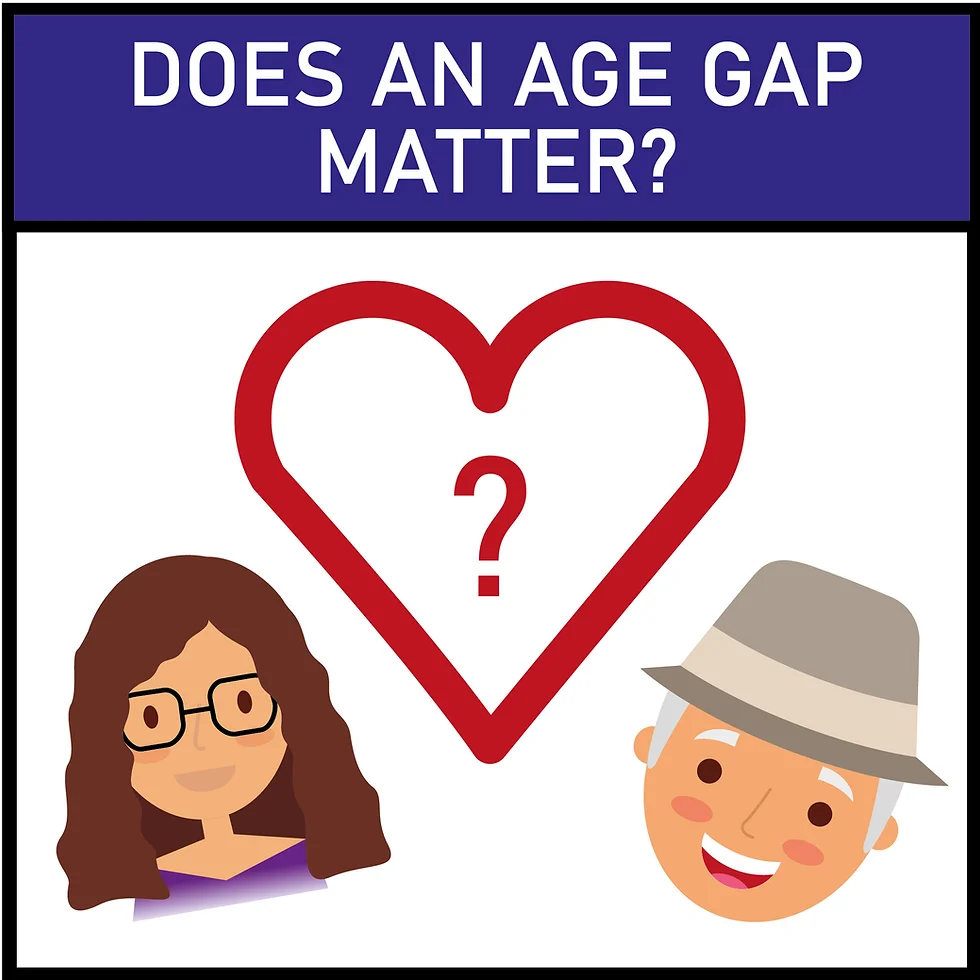
It is important to remember that one’s age is just one part of his or her identity; it should not cover other characteristics that make them unique. Real love does not have any limits such as age and can thrive where partners encourage and uplift one another. As long as there is mutual respect, communication, and an agreed-upon future vision, then ages cannot stand between the growth and happiness of a couple. By embracing each individual’s uniqueness regardless of age, it is possible to establish deeper and more meaningful connections across different societal norms and expectations.
When we focus on who a person is as opposed to their age, life can be transformed in ways that make it much richer. Instead of being discouraged from forming meaningful relationships by age, it should be viewed as an asset because the older one gets, the more experiences one accumulates, and the wiser one becomes. In so doing, we will have developed a relationship founded on a common understanding, empathy and growth of each partner’s uniqueness. Love is boundless; therefore, when we do away with stereotypical thoughts about age, our love can become limitless and transformational.

